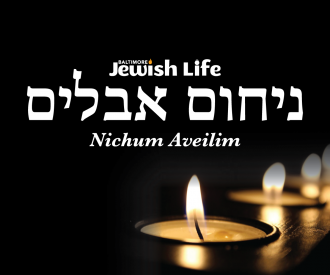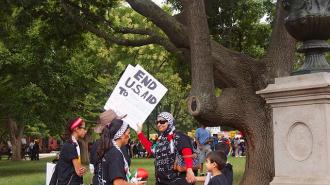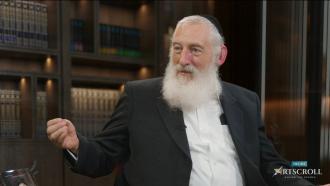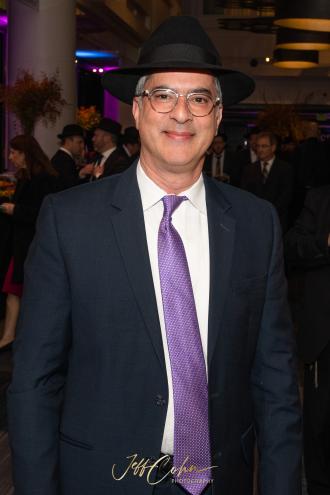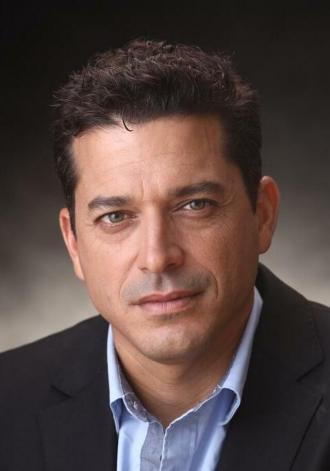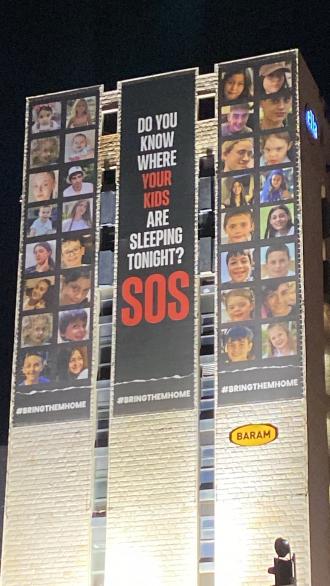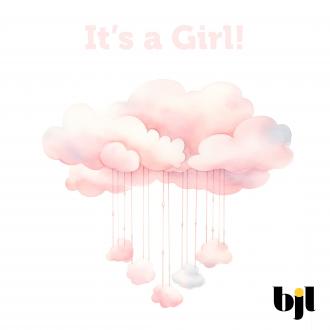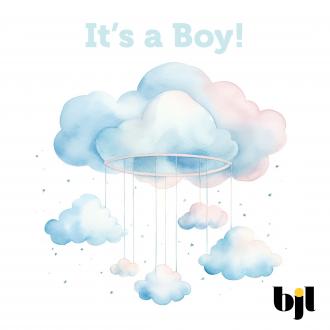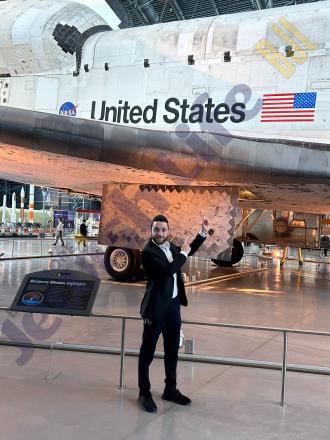The mitzvah that preoccupies us more than any other during the course of the days preceding, as well as on the day of Purim, is that of Mishloach Manos, the obligation to send at least one individual two portions of food.
The word describing these portions, מנות, in its singular form מנה, appears only three times in all of Chumash, and only amongst the portions that are read either immediately prior to Purim on a regular calendar year, or in the portion read directly after Purim, on a Jewish leap year - Tetzaveh and Tzav respectively.
Why is this term used more than the more familiar word, מתנה, gift? Aren’t these generous ‘presents’ we give to those we wish to express our affection to?
Two of the three references, as well in its very first usage, are used in the context of Moshe having served as the effective כהן גדול, the High Priest, during the Seven Days of Dedication, where the Torah describes how Moshe is to take the breast of the dedication ram, wave it, and then take it for himself in accordance with G-d’s directive, למשה היה למנה (ויקרא ח כט), it was a portion for Moshe.
Rashi explains that this term intimates more than just a gift, it is more of an entitlement, a portion that Moshe truly deserved. (זבחים קא:)
In a sense G-d was presenting a portion to Moshe that emphasized to Moshe his worthiness in receiving his due share.
Perhaps this reflects the deeper sentiment behind the distribution of Mishloach Manos.
One cannot fulfill this mitzvah unless one gives it over with a sense of admiration and love for the recipient, conveying a sense of appreciation that is expressed by feeling privileged to be able to gift someone so worthy. One must feel as if the ‘giver’ is the one on the receiving end more so than the recipient.
In another touching vignette, Elkanah presents his beloved wife Chana, who is yet barren from child, a portion from a sacrifice he offered, that is described as a מנה אחת אַפָּיִם (שמואל א א ה), figuratively ‘one choice portion’, but more literally one that comes with אַפָּיִם, a favorable ‘countenance’, the word אַפָּיִם translated as a face.
The commentator, the Mahar”i Kara, after interpreting it also as representative of the positive attitude upon one’s face, fascinatingly adds that it alludes to it also being a ‘double portion’.
Elkanah wanted to show that he wasn’t just providing her needs, for that one portion would have sufficed, but added an extra portion as an indication of his not merely being her provider but that he cherished her and valued her greatness and considered it a privilege to be her partner in life.
Perhaps the accent in the command to send portions, איש לרעהו, each man to his friend , which could have just as well left out the word איש, and have simply written, ומשלוח מנות לרעהו, and the sending of portions to one’s friend, is to teach us that the sender should feel ennobled, sensing a status as an איש, a word that denotes grandeur and privilege.
The impact upon the recipient who perceives this genuine expression of validation, appreciation and admiration in the face of the giver will be much greater than any gift one could possibly receive.
The phrase איש לרעהו, a man to his friend, is used only once in that exact construct in all of Chumash.
Directly after the defeat of Amalek the Torah reports how Yisro, the father in law of Moshe heard and promptly came to convert. When they meet meet up the Torah records how וישאלו איש לרעהו לשלום (שמות יח ח), each inquired of the other’s well-being.
איש, is Moshe and לרעהו is Yisro. (רש"י)
Yisro, the crusader for idolatry, sees the light and seeks to join the Jewish nation accepting upon himself the yoke of Torah. Moshe seizes the opportunity to welcome him and express the privilege he feels in that association, conveying to Yisro that despite his corrupt past he is as worthy as any other member of the tribe.
A convert who studies Torah is greater than even the veritableכהן גדול , the High Priest, our Talmud teaches.
Moshe a bit later would be the recipient of this encouragement as displayed by the Almighty Himself who conveys His joy, as it were, in His beloved servant Moshe, by presenting him a מנה, a well-deserved expression of Moshe’s worthiness in attesting to Moshe attaining that elevated stature as a כהן גדול, a High Priest.
I’ve often thought it odd that according to the strict letter of the law, all each one of us has to do on Purim is to give merely Mishloach Manos to one person only. Could you imagine how diminished that Purim would be?
Perhaps the sages sought to enlighten us that the purpose of Misloach Manos is not merely the spreading of good cheer, but the uplifting of one another, to truly value and cherish each person.
Of course, we are going to encompass as many people as reasonable in our ‘gift’ giving, but the sages sought to awaken us to treat each one of those recipients as if they were the כהן גדול, the High Priest himself.
The phrase ומשלוח מנות איש לרעהו, equals numerically 1,508. The description of וישאלו איש לרעהו לשלום, is equivalent to 1,381. The difference between them is 127, the number of provinces that represent the entire nations of the world, as depicted in the Megillah.
We have a task, to instill within each other our worthiness, that we are all Kohanim Gedolim. We must bridge the gap and assure that through the entire world it will be known and sensed how special we each are.
The Holy Sfas Emes writes that Purim is greater than Yom HaKippurim in that on Yom Kippur only the Kohen Gadol can enter the Holy of Holies, but on Purim each one of us can enter that elevated realm.
It makes no difference where we are on that journey towards perfection, on Purim, the Sfas Emes assures, each one of us are included in that sentiment as expressed in the Megillah: באיש אשר המלך חפץ ביקרו, The man who the King especially wants to honor.
The Holy Rizhiner once found himself in a prison cell on Purim. As the day waned, he realized he would not be able to give Mishloach Manos. He turned his eyes towards the heavens, allowing two tears to fall, calling out to Hashem, and exclaiming joyously, “Here G-d, is my Mishloach Manos sent to You!”
Amidst the darkness of his cell, the Rizhiner sensed the privilege of being able to present his precious tears, his very soul, to the Almighty. As the Jews rejoiced in Shushan, Esther too was still imprisoned and still shackled to the buffoon, Achashveiros. Yet she too celebrated that exquisite privilege of being a child of Hashem, carrying out His plan, that one day will reach its perfection.
May we reach new levels of appreciation for those around us and realize how valued and loved we each are in Hashem’s eyes.
The day we get it is the day we will finally be redeemed!
בימים ההם בזמן הזה!, In those days, in this time!
באהבה,
צבי יהודה טייכמאן

